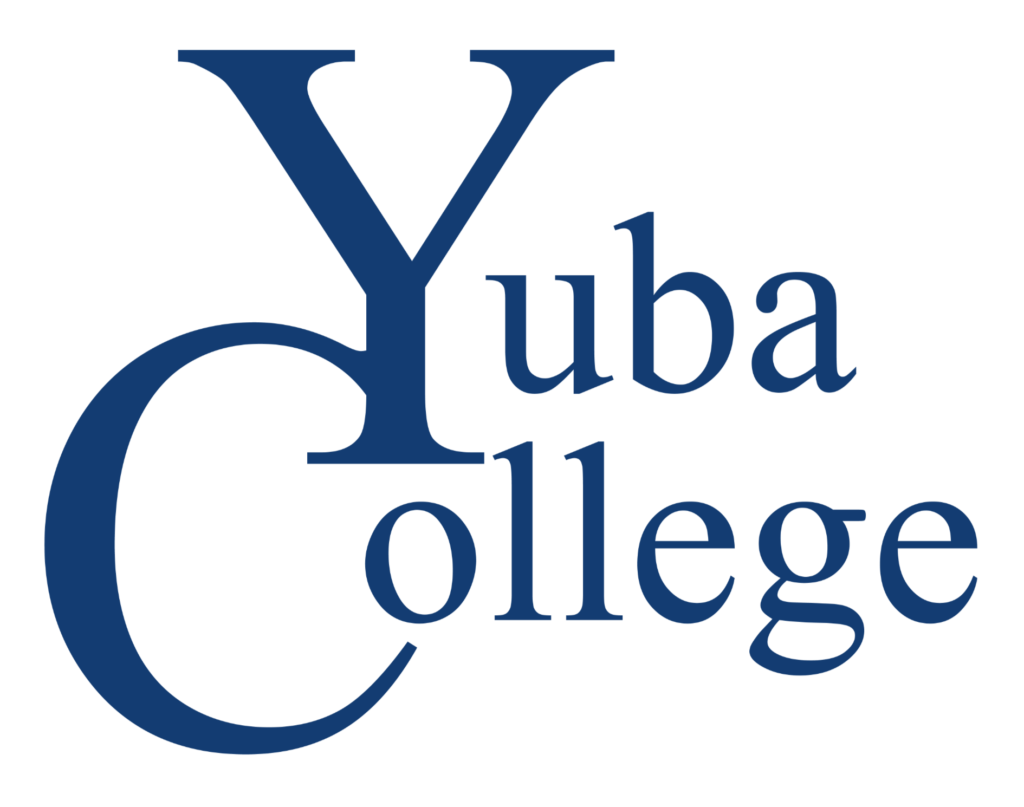Welcome to Disabled Students Programs and Services (DSPS) at Yuba College!
Disabled Students Programs and Services (DSPS) provides support services and academic accommodations to ensure access for students with disabilities consistent with the educational offerings and mission of Yuba College.
Legal Mandates
DSPSServices are guided by state and federal civil rights laws including the Americans with Disabilities Act of 1990( ADA) and Section 504 of the Rehabilitation Act of 1973. These legal mandates support the provision of reasonable academic accommodations for qualified students to have access to, and benefit from the full range of educational programs and activities at Yuba College.
Your Rights
As a college student with a documented disability, you have the right to “reasonable accommodations based upon your educational limitations” under Title 5 of the California Education Code and Section 504 of the Rehabilitation Act of 1973. Provisions of the law state that “No otherwise qualified person with a disability in the Unites States shall, solely by reason of disability, be denied the benefits of, be excluded from participation in, or be subject to discrimination under any program or activity receiving federal financial assistance.”
Our Mission
The mission of Disabled Students Programs and Services is to provide equal access and opportunity for individuals with disabilities while attending college. DSPSseeks to encourage and foster independence for students’ attainment of their personal and academic goals. DSPSlevels the playing field so students with disabilities can succeed with distinction.
Types of Disabilities
We serve individuals who have disabilities such as:
- Blindness or visual impairments
- Cerebral palsy
- Chronic illness (e.g., AIDS, cancer, Lyme disease, etc.)
- Recovering drug or alcohol addiction
- Epilepsy or seizure disorders
- Hearing impairments
- Learning disabilities
- Attention deficit disorders
- Mobility impairments
- Orthopedic disabilities
- Psychiatric (psychological) disorders
- Speech disorders
- Spinal cord injuries
- Systemic disabilities
- Traumatic brain injuries

